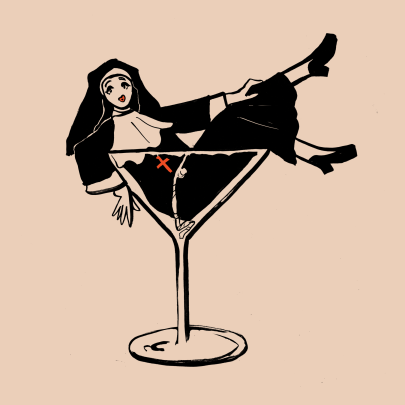Sep 14, 2013 Theatre
Auckland Theatre Company: By William Golding, adapted by Nigel Williams, directed by Colin McColl and Hera Dunleavy.
Maidment Theatre
September 13, 20013
William Golding would have loathed Survivor, if not for smug host Jeff Probst, then for its disservice to anthropology. The new age solemnity in the endless reality television series looks so bogus when compared to the dark power of Golding’s fable about the ease with which the spark of civilization can be snuffed out.
A set text for generations of students, the themes have been picked apart in countless schoolboy essays. As theatre the challenge is how to make a work practically analysed to death feel fresh and newly minted. So it’s a relief to report that McColl and co-director Hera Dunleavy and their young cast have created a cracking 90 minutes of high energy theatre.
The play begins with a teacher in front of a present day classroom of bored young men. They are learning about the Lord of the Flies. To help bring the book to life, the boys have been asked to bring objects that might have come from the novel: a knife, a conch, a spear and most spectacularly, the head of a pig. With these totems arranged before him, the teacher, Peter Daube, reads a few paragraphs and with flashing strobes, we enter Golding’s island of unease.
The play relies on young actors, some still children, to build a reality where the adults have gone AWOL. Led by Leon Wadham as Ralph and Jordon Mooney as Jack, there is not a single wrong step as the boys, quickly break into their respective tribes in Tracey Collins broken jungle gym of a set. There is no lagoon, but we see it through their eyes. There is no undergrowth, but we feel their terror of the Beast that lies in wait, abetted by sound design by Eden Mulholland that majors in dread.
The play is action-packed, with the actors clambering up and down a steeply canted structure, representing both mountain and wrecked aircraft. But amidst the high emotions expressed as violence, mayhem and murder, there are moments of distilled quiet.
When Ralph recalls his young childhood, watching snowflakes fall into nothingness, he captures a universal wistfulness for the loss of innocence. As Jack descends from prat prefect into power-crazed madness, we cannot but help recall that person in every office who hides their insecurity with aggression. Anton Tennet’s Simon as the outsider who suffers from his unwillingness to join the herd does a great deal with physical expression to fill out sparse lines.
None of the characters travels more of an arc than Zane Fleming’s Piggy. The boy that is so easily bullied at the play’s beginning finds a source of courage to finally confront Jack and his lackeys for the theft of his glasses and pays a high cost for doing so. The verdict? Don’t be put off by those distant memories of droning classroom discussions. Golding has been well served by this production.





